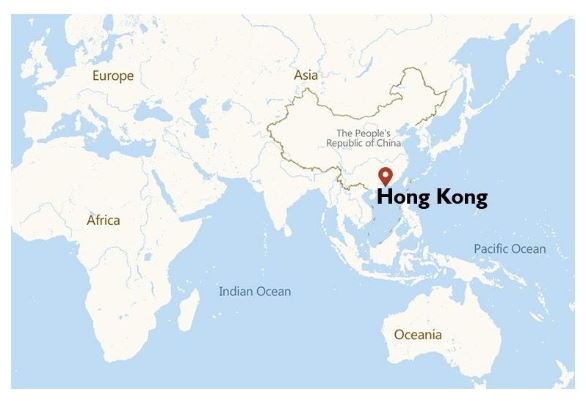UPSC Articles
Controversial Hong Kong law passed by China
Part of: GS-Prelims and GS-II – International Relations
In News:
- Recently, China’s Parliament passed new legislation for Hong Kong.
Key takeaways
- The law is called the “NPC Decision on Establishing and Improving the Legal System and Enforcement Mechanisms for the Hong Kong Special Administrative Region to Safeguard National Security”.
- It essentially empowers the National People’s Congress (Ruling party of China) to draft new national security laws for Special Administrative Region (SAR) of Hong Kong for the first time.
- The laws could cover any activity that seriously endangers national security.
- The law is aimed at enabling measures to counter, lawfully prevent, stop and punish foreign and overseas forces which are using Hong Kong to carry out separatist or destructive activities.
- The law has been criticised by pro-democracy parties and legal community in Hong Kong.
- It is being said that it undermines the “one country, two systems” model of Hong Kong.
Important value additions
Special Administrative Regions (SAR)
- They are one type of provincial-level administrative divisions of China directly under the Central People’s Government.
- They possess the highest degree of autonomy.
- The legal basis for the establishment of SARs is provided for by Article 31 of the Constitution of the People’s Republic of China of 1982.
- Mainland China is governed by Article 30 of the Constitution.
- Since 1997, Hong Kong has been governed by the Basic Law, which gives the SAR executive, legislative and independent judicial power.
- Only defence and foreign affairs matters are handled by the central government.
- At present, there are two SARs established according to the Constitution:
- Hong Kong SAR (former British dependency) was transferred to China in 1997.
- Macau SAR (Portuguese dependency) was transferred to China 1999.
- Generally, the two SARs are not considered to constitute a part of Mainland China, by both Chinese and SAR authorities.

Image source: Click here











